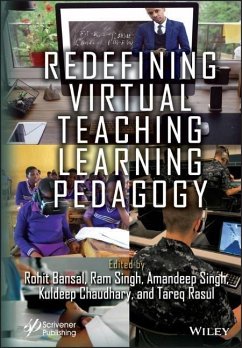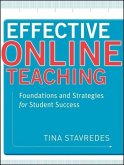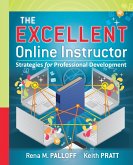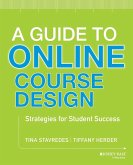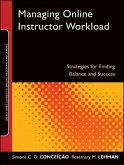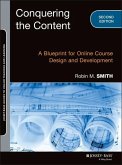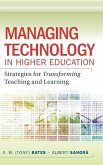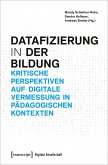Redefining Virtual Teaching Learning Pedagogy
Online education is now a growing and critical piece of modern-day infrastructure and this book details how virtual teaching and learning can continue to be transformed through leveraging digital platforms.
In the current technology-driven era, education systems are undergoing major changes by adopting advanced digital education strategies. Schools, colleges, and universities around the world have swiftly switched to online delivery modes. Students are learning via new platforms and the use of narrated lectures, podcasts, online quizzes, and other e-learning materials has increased. Virtual learning improves the educational experience, transforms teaching and learning, and provides rich, diverse, and flexible learning opportunities for the digital generation. It also makes students able to gain, share and verify knowledge through different sources such as social media communities, blogging, web-based content writing, video-based learning, etc.
The main focus of "Redefining Virtual Teaching Learning Pedagogy" is to bring together leading academic scientists, researchers, and research scholars to exchange and share their experiences and results on all aspects of virtual learning and teaching. The chapters mainly focus on 6 critical areas of virtual teaching and learning:
_ Curriculum and learning objectives
_ Learning materials
_ Pedagogic processes
_ Classroom assessment frameworks
_ Teacher support in the classrooms
_ School leadership and management development.
Audience
Educators, researchers, academicians, entrepreneurs, and corporate professionals will gain knowledge and be updated about the role & future of virtual teaching and learning and the latest digital tools used for that purpose.
Online education is now a growing and critical piece of modern-day infrastructure and this book details how virtual teaching and learning can continue to be transformed through leveraging digital platforms.
In the current technology-driven era, education systems are undergoing major changes by adopting advanced digital education strategies. Schools, colleges, and universities around the world have swiftly switched to online delivery modes. Students are learning via new platforms and the use of narrated lectures, podcasts, online quizzes, and other e-learning materials has increased. Virtual learning improves the educational experience, transforms teaching and learning, and provides rich, diverse, and flexible learning opportunities for the digital generation. It also makes students able to gain, share and verify knowledge through different sources such as social media communities, blogging, web-based content writing, video-based learning, etc.
The main focus of "Redefining Virtual Teaching Learning Pedagogy" is to bring together leading academic scientists, researchers, and research scholars to exchange and share their experiences and results on all aspects of virtual learning and teaching. The chapters mainly focus on 6 critical areas of virtual teaching and learning:
_ Curriculum and learning objectives
_ Learning materials
_ Pedagogic processes
_ Classroom assessment frameworks
_ Teacher support in the classrooms
_ School leadership and management development.
Audience
Educators, researchers, academicians, entrepreneurs, and corporate professionals will gain knowledge and be updated about the role & future of virtual teaching and learning and the latest digital tools used for that purpose.

